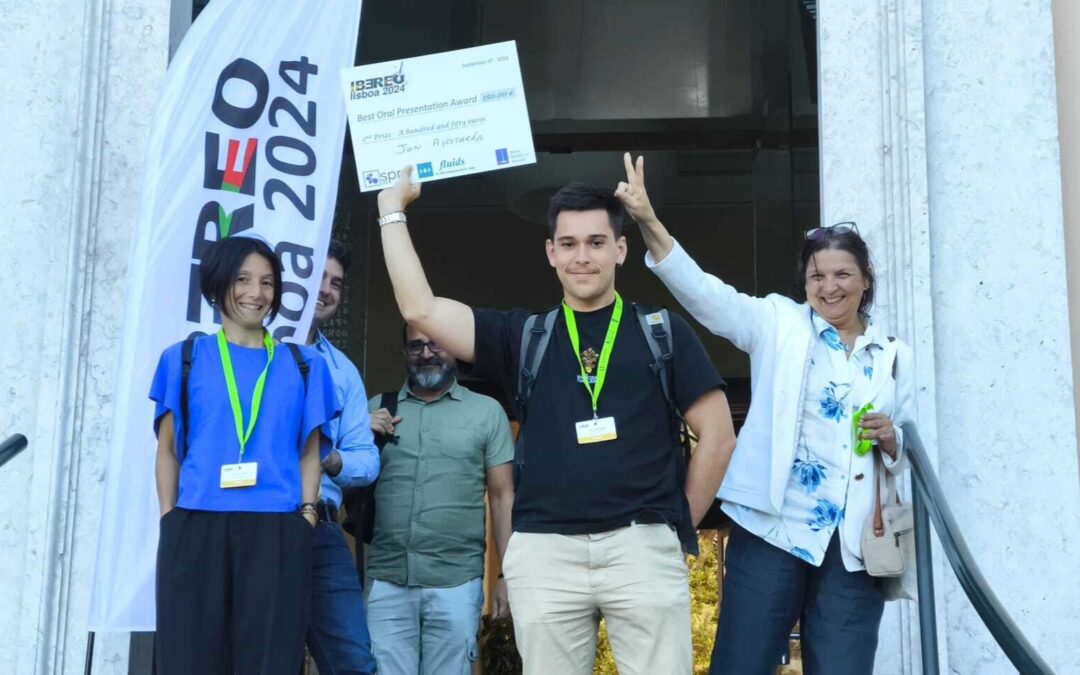
by Edurne | Sep 9, 2024 | News
Congratulation to our PhD student Jon Ayestaran for the second best speech at IBEREO Conference 2024!
From the 4 to 6th September 2024, the Iberian Meeting on Rheology (IBERHEO 2024) was held at Instituto Superior de Agronomia – Universidade de Lisboa. This biennial international event, is a collaborative effort between the Spanish Group of Rheology (GER) and the Portuguese Society of Rheology (SPR).
To know more please check IBEREO website
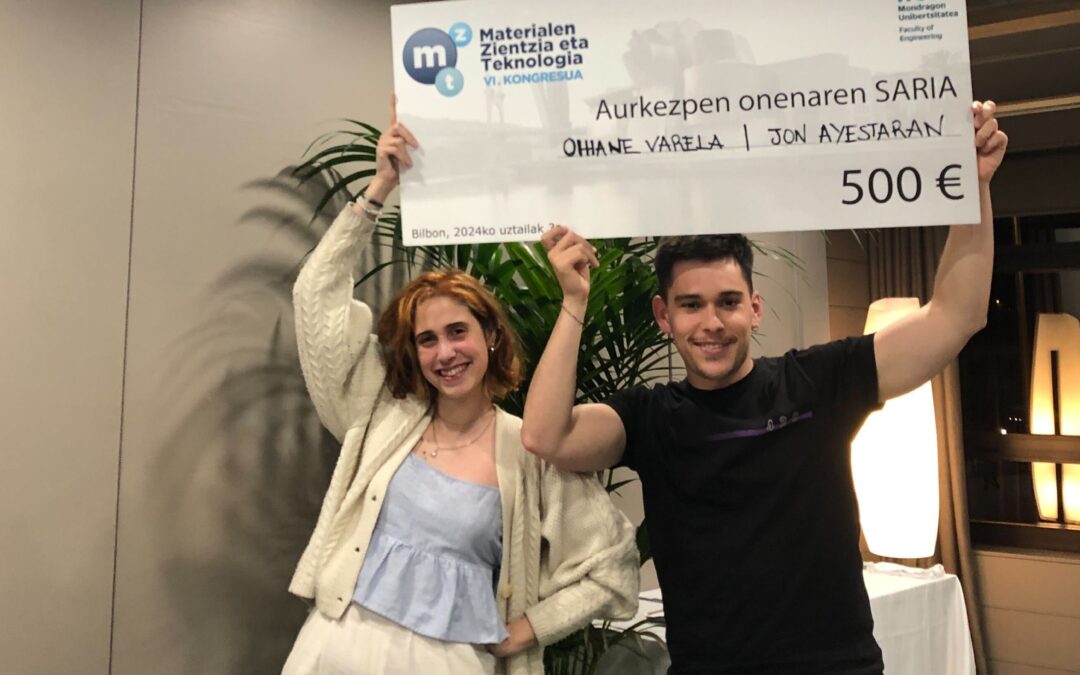
by Edurne | Jul 5, 2024 | News
Congratulation to our PhD students Ohiane Varela and Jon Ayesteran for winning the Best Speech Award at MZT Conference!
Materialen Zientzia eta Teknologia Kongresua is a congress dedicated to Science and Technology of Materials in Basque Language. This year it was held between the 3 and 4 of July.
Discover more on the congres in EHU website!
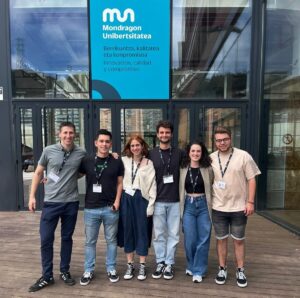
by Edurne | Jun 19, 2024 | Past event
Happy birthday Polymat! 25 years of research together! 🤩
For the occasion we are organizing a special event:
🗓 June 19th, 2024 at 11:00
📍 Auditorio Antonio Beristain in the Carlos Santamaria Zentroa, San Sebastian (Spain)
🥂 Free aperitif
🎨 Photo exhibition: 11 years of POLYMAT Scientific Photography Award
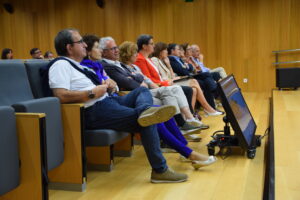
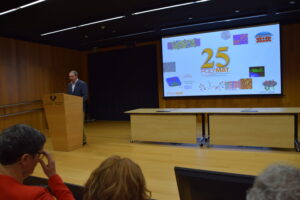
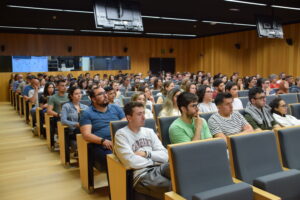
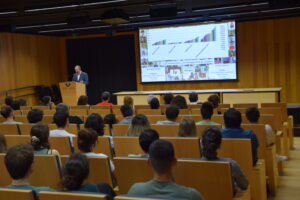
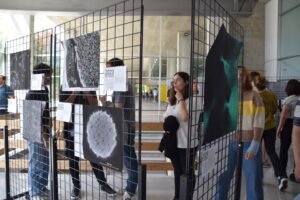
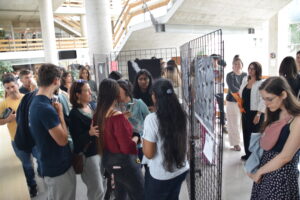
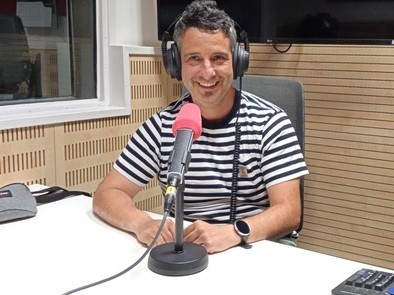
by Edurne | Jun 14, 2024 | News
This night at 21:00 and tomorrow at 15:00 will be transmitted Dr. Haritz Sardon interview in radio Euskadi Irratia for Norteko ferrokarrila program.
Don’t miss it!

by Edurne | Jun 14, 2024 | News
Happy birthday Polymat! 25 years of research together! 🤩
For the occasion we are organizing a special event:
🗓 June 19th, 2024 at 11:00
📍 Auditorio Antonio Beristain in the Carlos Santamaria Zentroa, San Sebastian (Spain)
🥂 Free aperitif
🎨 Photo exhibition: 11 years of POLYMAT Scientific Photography Award












